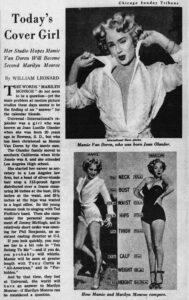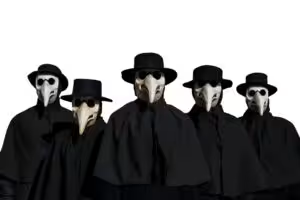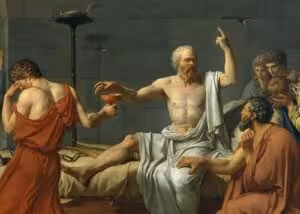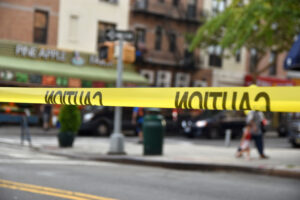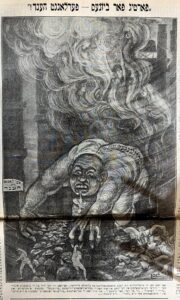During the Napoleonic Wars, Irish landlords enjoyed a successful period as the price of food was high. Once peace was restored, prices fell and more profit could be gained by turning the land from small tenant farms into pasture. In brutal acts typical of the times, farmers were evicted from the land and their dwellings were razed to the ground. The result was mass homelessness and great privation. Any dissent was harshly dealt with and even minor offences were punished by transportation.
As the century progressed the Irish poor grew dependent on the potato as almost the sole means of subsistence, while grains, meat and poultry were all exported to Europe. Various voices in England had warned of the dire consequences of the failure of the potato crop, but the government in Westminster feared that any assistance given to Ireland would be used against them to fund rebellion.
In 1845 people’s worst fears were realized when the potato crop failed. Accustomed as they were to hardship, the population harvested a meagre bounty and prayed that the next year would be better. Not only was the following year far worse, but the country also saw the harshest of winters. Cruelly, it was only this foodstuff of the poor that was affected and, during the period of the famine, food exports actually rose. By now many of the Irish who had survived the great starvation had had enough and sought any possible way out of their homeland. The first group of migrants went to Canada on board returning lumber ships which offered low fares to the New World. By the end of the famine in the early 1850s, Ireland’s population had fallen by more than one quarter. Half of those gone had left the island and the other half had died from disease and starvation.
When: 1845-1852
Where: Ireland
Death toll: Estimated at between 750,000 and 1.5 million
You should know: In 1849, a royal visit was arranged for Ireland. As if to highlight the disparity in wealth, no expense was spared and one banquet alone cost 5,000 pounds – a vast sum in those days. One William Kindles became something of a local hero when he severed the ropes supporting a giant Union Flag and brought it crashing down on a marching band performing for Queen Victoria. He then promptly boarded a ship bound for America to join many of his fellow countrymen and women.


